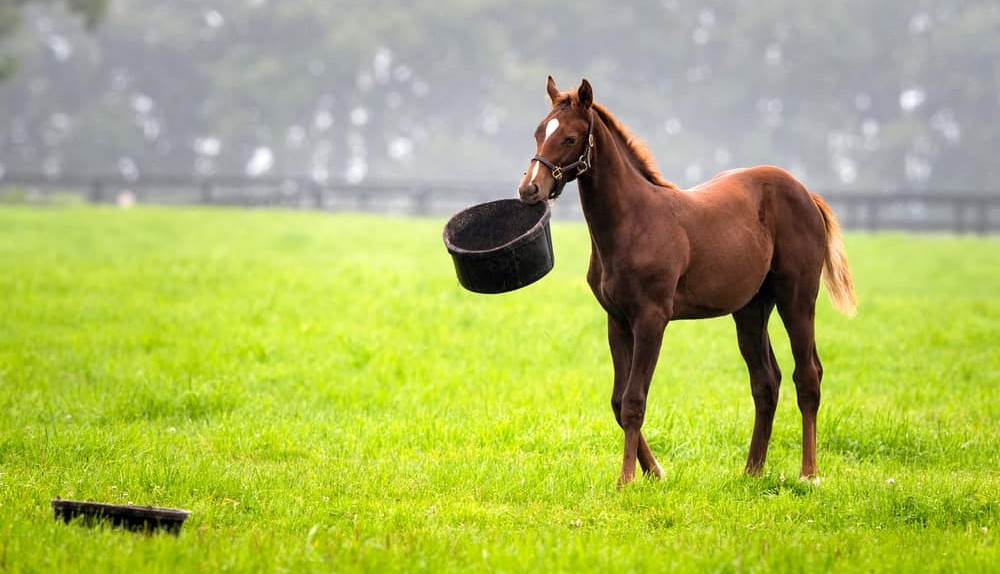Equine nutrition is a critical component of horse care that often gets overlooked. Whether you’re a first-time horse owner or an experienced equestrian, understanding the basics of feeding your horse correctly is essential for its well-being. This article aims to provide an in-depth guide to equine nutrition, outlining the types of food suitable for horses, the nutritional needs at different life stages, and the risks of overfeeding or underfeeding.
Why is Equine Nutrition Important?
A well-balanced diet directly impacts a horse’s health, performance, and longevity. Nutritional imbalances can lead to a variety of health issues, including obesity, laminitis, and nutrient deficiencies. Therefore, understanding what, when, and how to feed your horse is a vital skill every horse owner should possess.
Types of Horse Feed
Forage
- Hay: A staple in most equine diets.
- Pasture: Fresh grass can provide essential nutrients but must be managed properly.
Concentrates
- Grains: Such as oats, barley, and corn.
- Pellets: Pre-mixed formulations tailored to specific nutritional needs.
Supplements
- Vitamins and Minerals: To cover any nutritional gaps.
- Specialty Products: Such as joint supplements, weight gainers, or performance enhancers.
Feeding by Life Stage
Foals
- Milk: Mother’s milk for the first few months.
- Creep Feed: High protein and nutrient-dense feed as they start to graze.
Adult Horses
- Maintenance Diet: Forage-focused with supplemental grains as needed.
- Performance Diet: Increased protein and calorie intake for active horses.
Senior Horses
- Easily Digestible: Senior-specific feeds that are easy on the digestive system.
- High Nutrient Density: To maintain body condition.
Common Feeding Mistakes
- Overfeeding: Leads to obesity and other health issues.
- Underfeeding: Results in malnourishment and poor performance.
- Inconsistency: Erratic feeding schedules can disrupt a horse’s digestion.
Understanding Nutritional Requirements
Energy
- Sourced from carbohydrates, fats, and proteins.
Protein
- Essential for muscle development and repair.
Vitamins and Minerals
- Required in smaller quantities but equally important.
Practical Feeding Tips
- Scheduled Feeding: Consistency is key.
- Monitor Weight: Regular weight checks can help adjust the diet as needed.
- Consult a Vet: For a tailored nutritional plan.
When to Consult a Veterinarian or Equine Nutritionist
- Health Issues: Such as unexplained weight loss or gain.
- Life Stage Changes: Transitioning from one life stage to another.
- Performance Decline: Fatigue, low energy, or poor results in activities.
Conclusion
Equine nutrition is a multifaceted subject that demands the attention of anyone responsible for a horse’s care. From choosing the right types of feed to understanding the nutritional needs of horses at different life stages, it’s essential to get it right. Not only does proper feeding impact the horse’s current well-being, but it also sets the stage for long-term health and performance.
